Plenary Sessions* ICSE 2018 *
| Keynotes Plenary sessions | |||
 Magnus Frodigh |
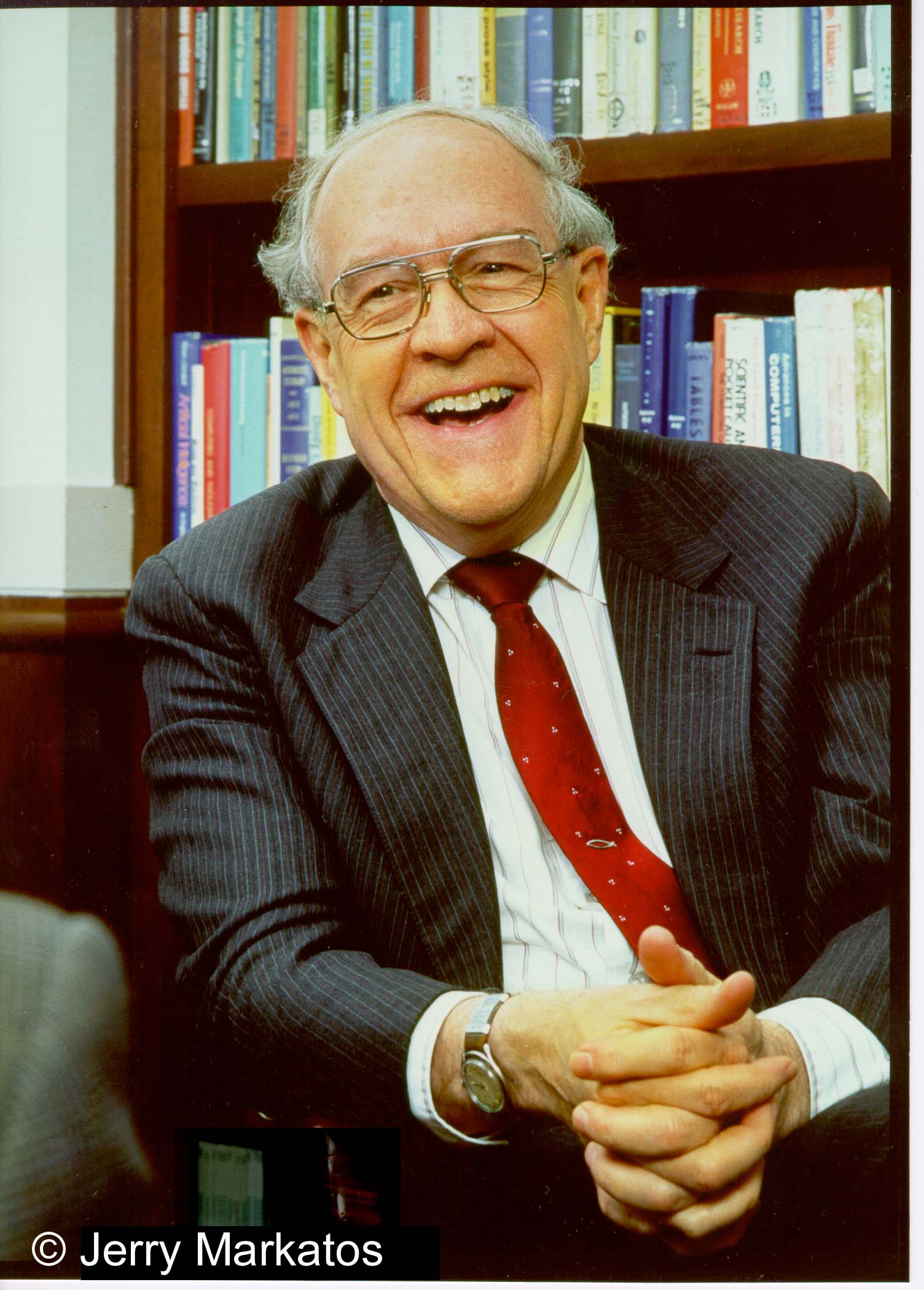 Frederick P. Brooks, Jr. |
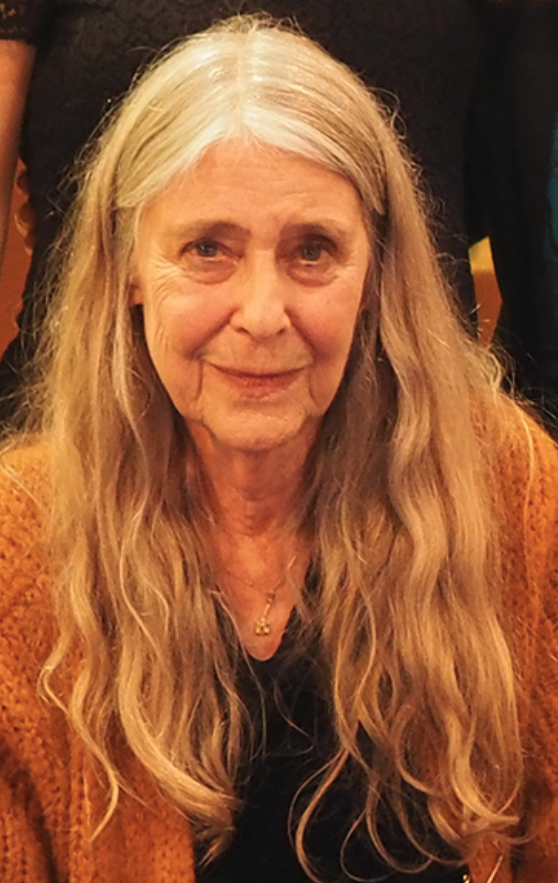 Margaret Hamilton |
 Brian Randell |
| Outstanding Research Award | Most Influential Paper Award | |
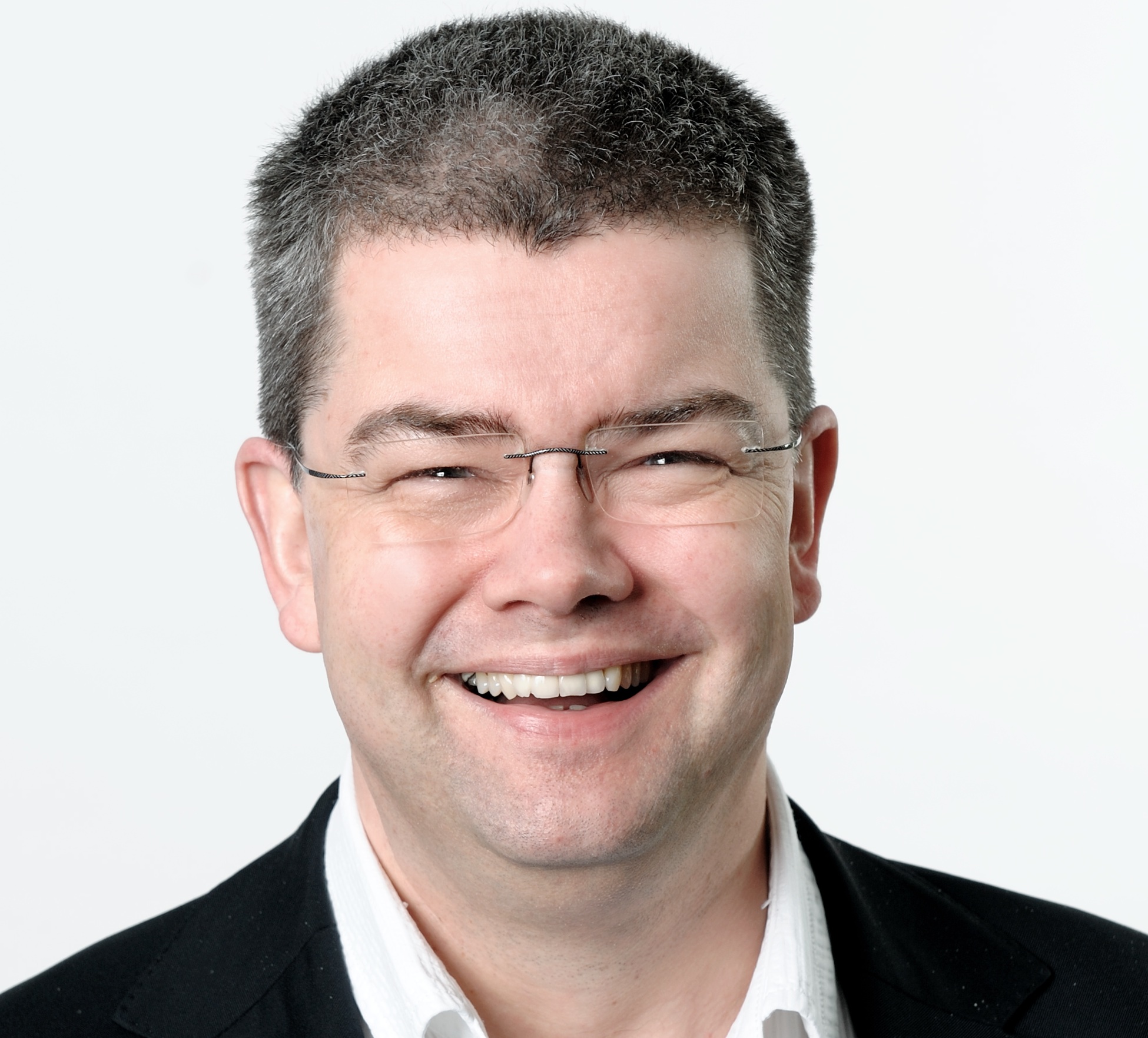 Andreas Zeller | 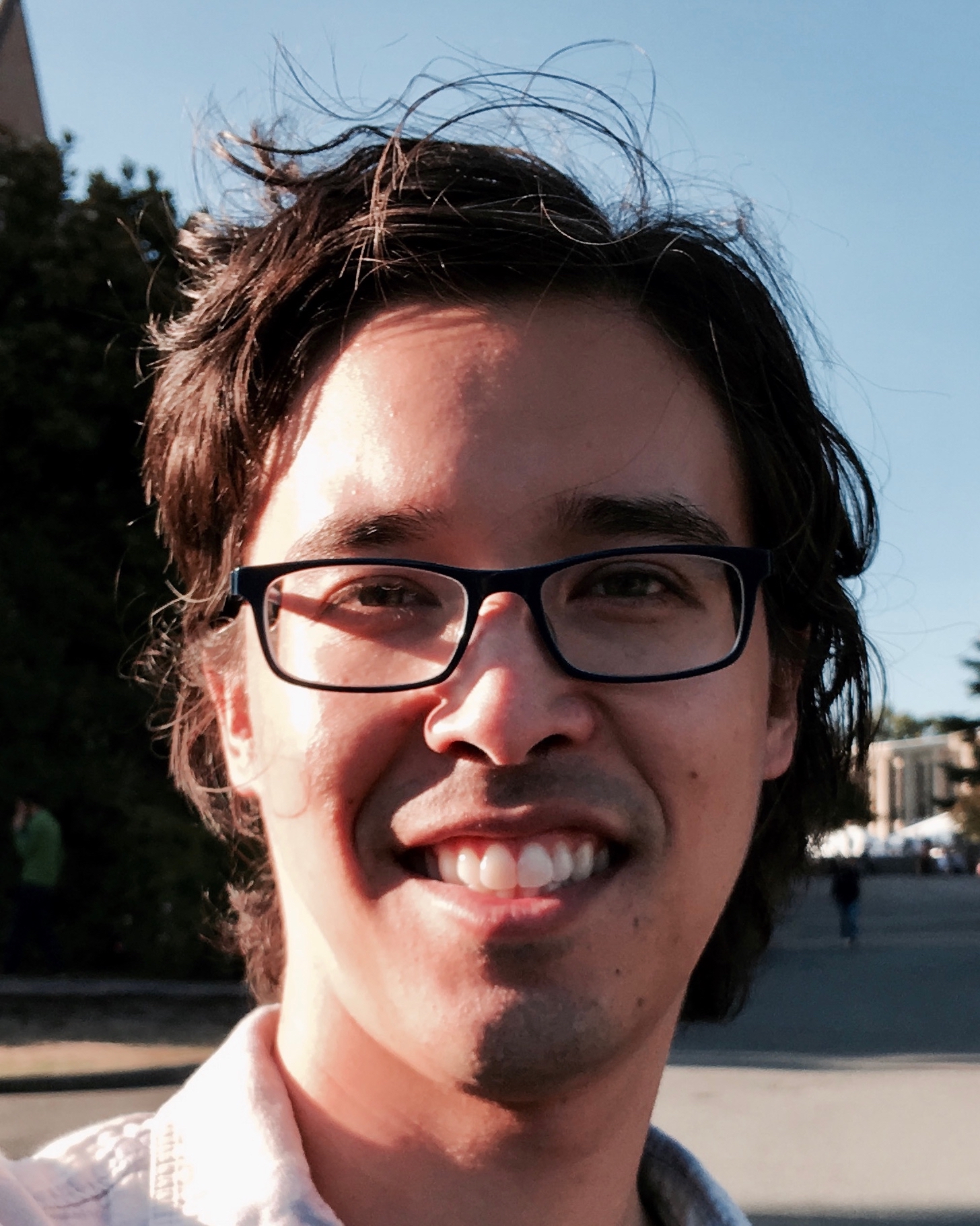 Andrew J. Ko |
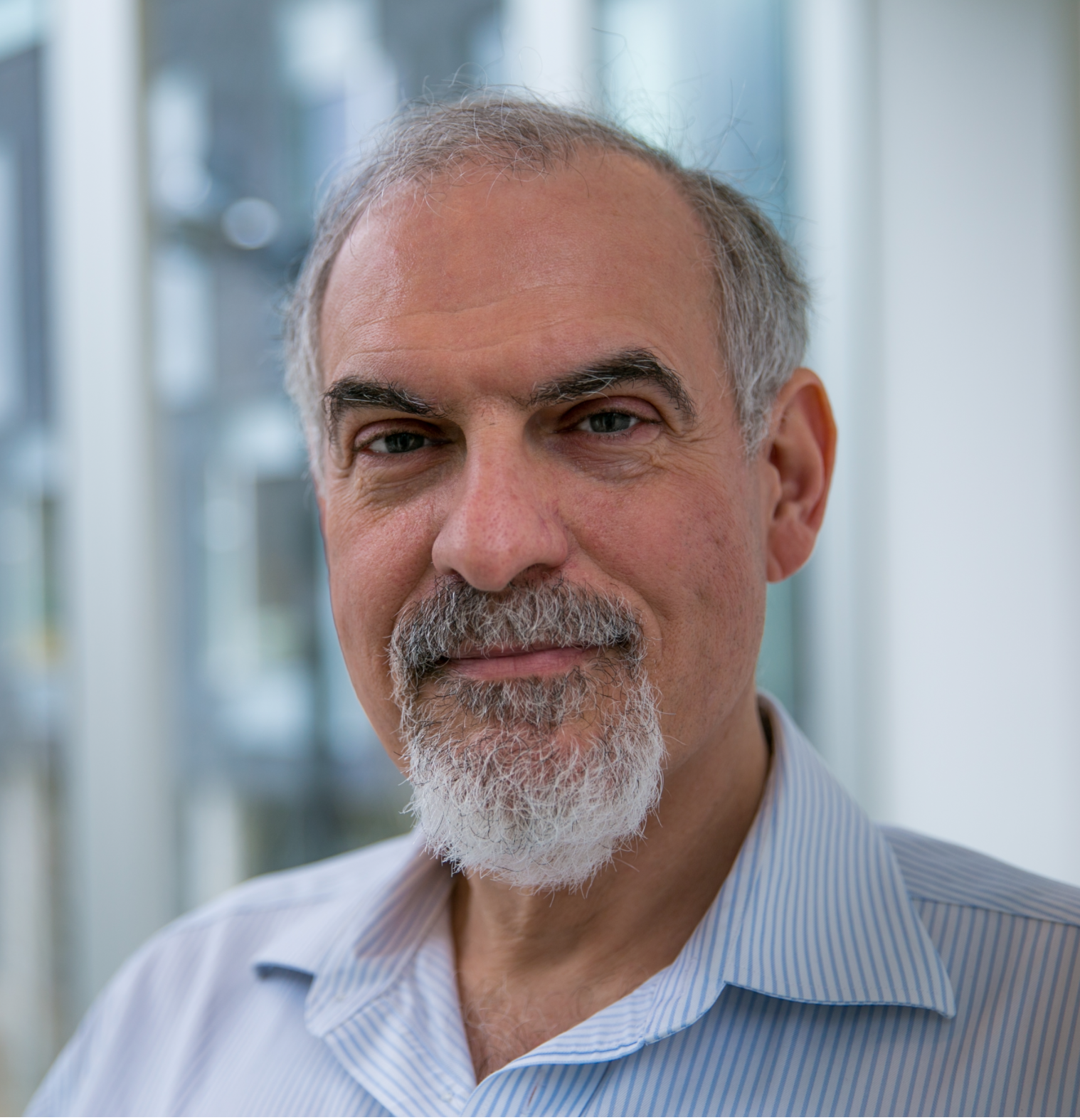 Brad A. Myers |
Magnus Frodigh
Communication systems and networks, key enablers for digitizing industry and society – opportunities and challenges
The combination of automation, machine intelligence and 5G networks will provide a wealth of opportunities that can improve productivity and speed up the delivery of services for industry and society. 5G technology with cloud computing technologies, big data analytics, high-quality wireless connectivity communication, and IT capabilities enable overall digital transformation in virtually all areas of the modern society, with high ability to fit the specific business needs. These new technologies and approaches introduce however new challenges on the communication systems, networks, and not least software development, which will be addressed by this talk.
 Magnus Frodighr
Magnus Frodigh is acting Head of Ericsson Research. Prior to taking up this position, Magnus was Research Area Director for Network Architecture and Protocols at Ericsson Research, he was responsible for research in network architecture and protocols covering radio networks, transport networks and core networks including network management.
Magnus joined Ericsson in 1994 and has since held various key senior positions within Ericsson’s Research & Development and Product Management focusing on 2G, 3G, 4G and 5G technologies.
He was born in Stockholm, Sweden, in 1964. Magnus holds a Master of Science degree from Linköping University of Technology, Sweden and a Ph.D. in Radio Communication Systems from Royal Institute of Technology in Stockholm, Sweden. Since 2013 Magnus is adjunct Professor at Royal Institute of Technology in Wireless Infrastructures.
Magnus Frodighr
Magnus Frodigh is acting Head of Ericsson Research. Prior to taking up this position, Magnus was Research Area Director for Network Architecture and Protocols at Ericsson Research, he was responsible for research in network architecture and protocols covering radio networks, transport networks and core networks including network management.
Magnus joined Ericsson in 1994 and has since held various key senior positions within Ericsson’s Research & Development and Product Management focusing on 2G, 3G, 4G and 5G technologies.
He was born in Stockholm, Sweden, in 1964. Magnus holds a Master of Science degree from Linköping University of Technology, Sweden and a Ph.D. in Radio Communication Systems from Royal Institute of Technology in Stockholm, Sweden. Since 2013 Magnus is adjunct Professor at Royal Institute of Technology in Wireless Infrastructures.
Frederick P. Brooks, Jr.
Learning the Hard Way: A History of Software Engineering 1948-1980
First came the Program, 1948. Then the Program Product, a program designed to be distributed to others than the author-generalized, documented, tested, maintained, 1950. Then the Program System, a collection of programs designed to work together-defined interfaces, system-integrated, system-tested, 1956. Then the Program System Product, combining the features, labors, and complexities of both,1963. Many ambitious projects were undertaken; many failed. Over-optimistic goals and schedules abounded. Sometime in this sequence software builders each recognized that building a software system project was about an order of magnitude more effort than just writing the component programs. Process and management techniques had to be devised. Originally, they were borrowed from the electrical and civil engineering disciplines. The discipline as such was born and named at the 1968 NATO Conference on Software Engineering. We identify some of the milestones in the '50's, 60's, and 70's.
 Frederick P. Brooks, Jr. is Kenan Professor of Computer Science, Emeritus, at the University of North Carolina at Chapel Hill. He was an architect of the IBM Stretch and Harvest supercomputers. He was Corporate Project Manager for the IBM System/360 mainframe family (now Zsystems), including development of the System/360 computers' hardware, and the Operating System/360 software.
He founded the UNC-CH Department of Computer Science in 1964 and chaired it for 20 years. His research there has been in computer architecture, software engineering, and interactive 3-D computer graphics ("virtual reality"). His best-known books are *The Mythical Man-Month: Essays on Software Engineering *(1975, 1995); *The Design of Design (2010)*; and, with G.A.Blaauw, *Computer Architecture: Concepts and Evolution* (1997). Dr. Brooks has received the U.S. National Medal of Technology, the A.M. Turing Award of the ACM, and others.
He is married (61 years) to Nancy Greenwood Brooks. They are joyous servants of Jesus Christ. They have three children and nine grandchildren.
For more information see: https://www.cs.unc.edu/~brooks/.
Frederick P. Brooks, Jr. is Kenan Professor of Computer Science, Emeritus, at the University of North Carolina at Chapel Hill. He was an architect of the IBM Stretch and Harvest supercomputers. He was Corporate Project Manager for the IBM System/360 mainframe family (now Zsystems), including development of the System/360 computers' hardware, and the Operating System/360 software.
He founded the UNC-CH Department of Computer Science in 1964 and chaired it for 20 years. His research there has been in computer architecture, software engineering, and interactive 3-D computer graphics ("virtual reality"). His best-known books are *The Mythical Man-Month: Essays on Software Engineering *(1975, 1995); *The Design of Design (2010)*; and, with G.A.Blaauw, *Computer Architecture: Concepts and Evolution* (1997). Dr. Brooks has received the U.S. National Medal of Technology, the A.M. Turing Award of the ACM, and others.
He is married (61 years) to Nancy Greenwood Brooks. They are joyous servants of Jesus Christ. They have three children and nine grandchildren.
For more information see: https://www.cs.unc.edu/~brooks/.
Margaret Hamilton
The Language as a Software Engineer
It was 1959. We were building real-time systems for weather prediction, homeland security and space travel. The space mission software had to be man-rated. Not only did it have to work; it had to work the first time. Not only did the software, itself, have to be ultra-reliable, it needed to be able to perform error detection and recovery in real time. Our languages dared us to make the most subtle of errors. We were on our own to come up with rules for building software. What we learned from the errors was full of surprises. Classifying the errors led to a set of allowable patterns that led to a language together with its preventative paradigm. We have found that a system defined with such a language has properties that inherently support its own development, "before the fact"; including that which becomes no longer needed. We continue to discover new properties in these systems. Lessons learned throughout this process will be discussed in terms of both the earlier systems and the systems of today; and in terms of what is possible for systems of tomorrow.
 Margaret H. Hamilton is CEO of Hamilton Technologies, Inc. Margaret H. Hamilton graduated in 1958 with a mathematics major and philosophy minor from Earlham College. To prepare for further studies in abstract math at Brandeis University, she took a "temporary" position at MIT, developing weather prediction software for Edward N. Lorenz in hexadecimal on the LGP-30.
Hamilton then developed software on the XD-1 for the SAGE air defense system at Lincoln Laboratories. As soon as she heard MIT was looking for people to build software for "sending man to the moon", she joined NASA/MIT's project to build Apollo's on-board flight software, starting with the unmanned missions.
To give their software “legitimacy”, so it (and those building it) would be given due respect; she made up the term “software engineering” to establish it as a form of engineering in its own right.
For the manned missions, Hamilton was in charge of the team that developed the on-board flight software for the command and lunar modules (she was then the Director of the Software Engineering Division at MIT's Instrumentation Laboratory). With her Display Interface Routines error detection and recovery programs, she created new man-in-the-loop concepts that provided the ability for the on-board flight software to communicate asynchronously in real-time with the astronaut within a distributed system-of-systems environment. This allowed the software (running in parallel with the astronauts) to interrupt the astronauts and replace their normal displays with Priority Displays in case of an emergency (such as it was during Apollo 11's landing).
She led an empirical study of Apollo and later efforts, resulting in her systems and software theory of control; based on lessons learned. From its axioms, the universal systems language was derived together with its automation and "development-before-the-fact" preventative software engineering paradigm.
Hamilton received the NASA Exceptional Space Act Award (2003), and the Presidential Medal of Freedom awarded by Barack Obama (2016).
Margaret H. Hamilton is CEO of Hamilton Technologies, Inc. Margaret H. Hamilton graduated in 1958 with a mathematics major and philosophy minor from Earlham College. To prepare for further studies in abstract math at Brandeis University, she took a "temporary" position at MIT, developing weather prediction software for Edward N. Lorenz in hexadecimal on the LGP-30.
Hamilton then developed software on the XD-1 for the SAGE air defense system at Lincoln Laboratories. As soon as she heard MIT was looking for people to build software for "sending man to the moon", she joined NASA/MIT's project to build Apollo's on-board flight software, starting with the unmanned missions.
To give their software “legitimacy”, so it (and those building it) would be given due respect; she made up the term “software engineering” to establish it as a form of engineering in its own right.
For the manned missions, Hamilton was in charge of the team that developed the on-board flight software for the command and lunar modules (she was then the Director of the Software Engineering Division at MIT's Instrumentation Laboratory). With her Display Interface Routines error detection and recovery programs, she created new man-in-the-loop concepts that provided the ability for the on-board flight software to communicate asynchronously in real-time with the astronaut within a distributed system-of-systems environment. This allowed the software (running in parallel with the astronauts) to interrupt the astronauts and replace their normal displays with Priority Displays in case of an emergency (such as it was during Apollo 11's landing).
She led an empirical study of Apollo and later efforts, resulting in her systems and software theory of control; based on lessons learned. From its axioms, the universal systems language was derived together with its automation and "development-before-the-fact" preventative software engineering paradigm.
Hamilton received the NASA Exceptional Space Act Award (2003), and the Presidential Medal of Freedom awarded by Barack Obama (2016).
Brian Randell - 50 years of Software Engineering
 Brian Randell graduated in Mathematics from Imperial College, London in 1957 and joined the English Electric Company where he and colleagues implemented the Whetstone KDF9 Algol compiler. From 1964 to 1969 he was with IBM in the United States, mainly at the IBM T.J. Watson Research Center, working on operating systems, the design of ultra-high speed computers and computing system design methodology. With first Peter Naur and then John Buxton he co-edited the two original NATO Software Engineering Reports. He then became Professor of Computing Science at Newcastle University, where in 1971 he set up the project that initiated research into the possibility of software fault tolerance. He has been Principal Investigator on a succession of research projects in reliability and security funded by EPSRC, MoD, and the EU. Another, continuing, research interest has been the history of computing. He has published over three hundred technical papers and reports, and is co-author or editor of seven books. He is now Emeritus Professor of Computing Science, and Senior Research Investigator, at Newcastle University, working on failure analysis of complex evolving systems. He is a Fellow of the BCS and the ACM, and was a Member of the Conseil Scientifique of the CNRS, France (2001-5), Chairman of the IEEE John von Neumann Medal Committee (2003-5), and a Member and then Chairman of the ACM A.M. Turing Award Committee (2005-9). He has received a D.Sc. from the University of London, and Honorary Doctorates from the University of Rennes, and the Institut National Polytechnique of Toulouse, France.
Brian Randell graduated in Mathematics from Imperial College, London in 1957 and joined the English Electric Company where he and colleagues implemented the Whetstone KDF9 Algol compiler. From 1964 to 1969 he was with IBM in the United States, mainly at the IBM T.J. Watson Research Center, working on operating systems, the design of ultra-high speed computers and computing system design methodology. With first Peter Naur and then John Buxton he co-edited the two original NATO Software Engineering Reports. He then became Professor of Computing Science at Newcastle University, where in 1971 he set up the project that initiated research into the possibility of software fault tolerance. He has been Principal Investigator on a succession of research projects in reliability and security funded by EPSRC, MoD, and the EU. Another, continuing, research interest has been the history of computing. He has published over three hundred technical papers and reports, and is co-author or editor of seven books. He is now Emeritus Professor of Computing Science, and Senior Research Investigator, at Newcastle University, working on failure analysis of complex evolving systems. He is a Fellow of the BCS and the ACM, and was a Member of the Conseil Scientifique of the CNRS, France (2001-5), Chairman of the IEEE John von Neumann Medal Committee (2003-5), and a Member and then Chairman of the ACM A.M. Turing Award Committee (2005-9). He has received a D.Sc. from the University of London, and Honorary Doctorates from the University of Rennes, and the Institut National Polytechnique of Toulouse, France.
Most Influential Paper Award
Andrew J. Ko and Brad A. Myers
Debugging reinvented: asking and answering why and why not questions about program behavior
 Andrew J. Ko is an Associate Professor at the University of Washington Information School and an Adjunct Associate Professor in Computer Science and Engineering. He directs the Code & Cognition Lab, where he invents and evaluates interactions between people and code, spanning the areas of human-computer interaction, computing education, and software engineering. He is the author of over 90 peer-reviewed publications, 9 receiving best paper awards and 3 receiving most influential paper awards. In 2013, he co-founded AnswerDash, a SaaS company offering instant answers on websites using a selection-based search technology invented in his lab. In 2010, he was awarded an NSF CAREER award for research on evidence-based bug triage. He received his Ph.D. at the Human-Computer Interaction Institute at Carnegie Mellon University in 2008. He received degrees in Computer Science and Psychology with Honors from Oregon State University in 2002.
Andrew J. Ko is an Associate Professor at the University of Washington Information School and an Adjunct Associate Professor in Computer Science and Engineering. He directs the Code & Cognition Lab, where he invents and evaluates interactions between people and code, spanning the areas of human-computer interaction, computing education, and software engineering. He is the author of over 90 peer-reviewed publications, 9 receiving best paper awards and 3 receiving most influential paper awards. In 2013, he co-founded AnswerDash, a SaaS company offering instant answers on websites using a selection-based search technology invented in his lab. In 2010, he was awarded an NSF CAREER award for research on evidence-based bug triage. He received his Ph.D. at the Human-Computer Interaction Institute at Carnegie Mellon University in 2008. He received degrees in Computer Science and Psychology with Honors from Oregon State University in 2002.
 Brad A. Myers is a Professor in the Human-Computer Interaction Institute in the School of Computer Science at Carnegie Mellon University. He was chosen to receive the ACM SIGCHI Lifetime Achievement Award in Research in 2017, for outstanding fundamental and influential research contributions to the study of human-computer interaction. He is an IEEE Fellow, ACM Fellow, member of the CHI Academy, and winner of 12 Best Paper type awards and 5 Most Influential Paper Awards. He is the author or editor of over 475 publications, and he has been on the editorial board of six journals. Myers received a PhD in computer science at the University of Toronto, and MS and BSc degrees from MIT during which time he was a research intern at Xerox PARC.
Brad A. Myers is a Professor in the Human-Computer Interaction Institute in the School of Computer Science at Carnegie Mellon University. He was chosen to receive the ACM SIGCHI Lifetime Achievement Award in Research in 2017, for outstanding fundamental and influential research contributions to the study of human-computer interaction. He is an IEEE Fellow, ACM Fellow, member of the CHI Academy, and winner of 12 Best Paper type awards and 5 Most Influential Paper Awards. He is the author or editor of over 475 publications, and he has been on the editorial board of six journals. Myers received a PhD in computer science at the University of Toronto, and MS and BSc degrees from MIT during which time he was a research intern at Xerox PARC.
ACM Sigsoft Outstanding Research Award
Andreas Zeller
Relevance, Simplicity, and Innovation: Stories and Takeaways from Software Engineering Research
The year is 1993, and I give my very first talk at a big software engineering conference. Right in the middle of my example, a professor stands up and exclaims with a mocking smile “To me, this looks like a solution looking for a problem!”. The audience erupts in laughter, and my advisor sits in the first row, grinning. How would I get out of there? And why would this experience shape all of my career from now? Telling three stories around three conference events, I unfold lessons on impact in software engineering research: Do relevant work – strive for simplicity – keep on innovating.
 Andreas Zeller is Faculty at the Center for IT-Security, Privacy, and Accountability (CISPA), and professor for Software Engineering at Saarland University, both in Saarbrücken, Germany. His research concerns the analysis of large software systems and their development process. In 2010, Zeller was inducted as Fellow of the ACM for his contributions to automated debugging and mining software archives, for which he also was awarded 10-year impact awards from ACM SIGSOFT and ICSE. In 2011, he received an ERC Advanced Grant, Europe's highest and most prestigious individual research grant, for work on specification mining and test case generation.
Andreas Zeller is Faculty at the Center for IT-Security, Privacy, and Accountability (CISPA), and professor for Software Engineering at Saarland University, both in Saarbrücken, Germany. His research concerns the analysis of large software systems and their development process. In 2010, Zeller was inducted as Fellow of the ACM for his contributions to automated debugging and mining software archives, for which he also was awarded 10-year impact awards from ACM SIGSOFT and ICSE. In 2011, he received an ERC Advanced Grant, Europe's highest and most prestigious individual research grant, for work on specification mining and test case generation.
Accepted Papers
| Title | |
|---|---|
| Awards Ceremony - Overview Plenary Sessions | |
| Celebration of 40th anniversary of ICSE Plenary Sessions |
Wed 30 MayDisplayed time zone: Amsterdam, Berlin, Bern, Rome, Stockholm, Vienna change
08:30 - 10:30 | |||
08:30 30mTalk | Opening Session Plenary Sessions G: Ivica Crnkovic Chalmers University of Technology & University of Gothenburg, P: Marsha Chechik University of Toronto, P: Mark Harman Facebook and University College London Media Attached | ||
09:00 90mTalk | Communication systems and networks, key enablers for digitizing industry and society – opportunities and challengesKeynote Plenary Sessions | ||
Thu 31 MayDisplayed time zone: Amsterdam, Berlin, Bern, Rome, Stockholm, Vienna change
08:30 - 10:30 | |||
08:30 15mTalk | Opening Session 50 years of Software engineering Plenary Sessions | ||
08:45 55mTalk | Learning the Hard Way: A History of Software Engineering 1948-1980Keynote Plenary Sessions | ||
09:40 50mTalk | The Language as a Software EngineerKeynote Plenary Sessions | ||
16:00 - 18:00 | |||
16:00 30mTalk | 50 years of Software Engineering or The View from Garmisch Plenary Sessions Brian Randell Newcastle University, UK | ||
16:30 30mTalk | Panel: 50 years of Software Engineering & Celebrating the 40th ICSEPanel Plenary Sessions Brian Randell Newcastle University, UK, David Gries , Doug McIlroy , Bob McClure , Gerhard Goos , Manfred Paul | ||
17:00 60mTalk | Celebration of 40th anniversary of ICSE Plenary Sessions | ||
Fri 1 JunDisplayed time zone: Amsterdam, Berlin, Bern, Rome, Stockholm, Vienna change
08:30 - 08:55 | |||
08:30 25mTalk | ICSE Awards Plenary Sessions | ||
15:00 - 15:30 | 50 Years of Software Engineering TalkPlenary Sessions at R2 Chair(s): Ivica Crnkovic Chalmers University of Technology & University of Gothenburg | ||
15:00 30mTalk | 50 years of software engineering, so now what? Plenary Sessions | ||
16:00 - 18:00 | |||
16:00 15mTalk | Awards Ceremony - Overview Plenary Sessions | ||
16:15 30mTalk | Most Most Influential Paper: Debugging reinvented: asking and answering why and why not questions about program behavior Plenary Sessions | ||
16:45 45mTalk | ACM Sigsoft Outstanding Research Award: Relevance, Simplicity, and Innovation: Stories and Takeaways from Software Engineering Research Plenary Sessions Andreas Zeller Saarland University | ||
17:30 30mTalk | Conference Closing Plenary Sessions Ivica Crnkovic Chalmers University of Technology & University of Gothenburg | ||